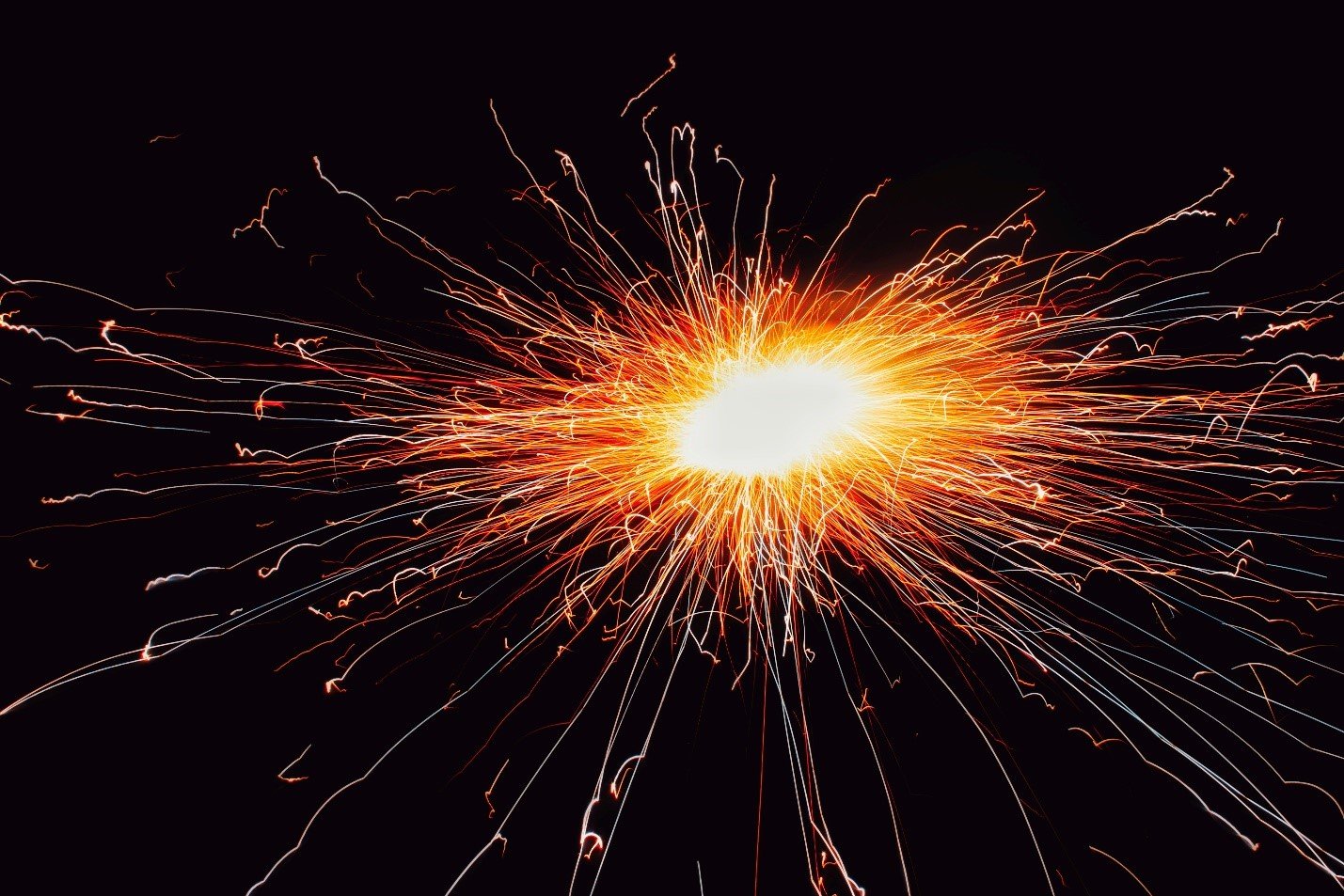A large number of high-decibel firecrackers thundered throughout Diwali night as people in Delhi flouted the ban imposed on these by the city government.
Delhi Environment Minister Gopal Rai had said last week that bursting firecrackers in the national capital on Diwali will attract a jail term of up to six months and a fine of Rs 200.
Despite the legal deterrent in place, people in many parts of the city, including in south and northwest Delhi, started bursting crackers by Monday evening. High-intensity firecrackers could be heard going off on the ground or mid-air.
As the night progressed, the intensity of firecrackers increased breaching permissible decibel limits, prompting some to wonder “if there was any ban at all”.
Bursting firecrackers on Diwali is an age-old tradition but authorities in Delhi said the decision to restrict it was taken after considering environmental concerns and health hazards associated with it.
As predicted, the air quality in Delhi on the morning after Diwali was recorded in the ‘very poor’ category but the situation was relatively better than previous years due to favourable meteorological conditions which diluted the effect of firecrackers and stubble burning.
The capital’s air quality index (AQI) stood at 326 at 8 am on Tuesday.
Delhi Chief Minister tweeted, “Delhiites are working hard in the field of pollution. There have been very encouraging results. But there is still a long way to go. Will make Delhi the best city in the world”
प्रदूषण के क्षेत्र में दिल्लीवासी काफ़ी मेहनत कर रहे हैं। काफ़ी उत्साहजनक नतीजे आये हैं। पर अभी लंबा रास्ता तय करना है। दिल्ली को दुनिया का सबसे बेहतरीन शहर बनायेंगे https://t.co/VVoLxBrGd4
— Arvind Kejriwal (@ArvindKejriwal) October 25, 2022
Notwithstanding the ban, people burst firecrackers with impunity in various areas, starting around 6 pm.
In south Delhi’s East of Kailash and neighbouring places like Nehru Place and Moolchand, firecrackers could be heard going off mid-air in the evening. Some residents burst crackers in their neighbourhood like every year.
In Burari too, many residents burst firecrackers despite widespread dissemination of information about the ban.
“They are educated but still doing this. What will children learn from it,” asked a resident of a colony in Burari.
In Laxmi Nagar, Mayur Vihar and Shahdara in east Delhi, the situation was similar. While the intensity in the late evening was lower compared to last year, it increased after 9 pm.
“It was as if the slog overs have started,” a Laxmi Nagar resident said.
Loud thuds of crackers were also reported in southwest Delhi’s Munirka area.
Bipasha Ghosh, 19, who came to south Delhi’s Kailash Hills area from Kolkata, a few days ago, said, “In my area, it went on past 11 pm. I wonder if there is a ban on bursting firecrackers in Delhi. Also, those doing it are irresponsible and insensitive to the environment and to people who have respiratory problems and other health issues”.
Many people complained of itchy skin and a burning sensation in their eyes due to smoke from bursting firecrackers.
“I will not step out tomorrow, I know what the air quality will be tomorrow,” said Reetu Nandan, a student, who lives in south Delhi.Delhi Environment Minister Rai had earlier said production, storage and sale of firecrackers in the city will be punishable with a fine of up to Rs 5,000 and three years in jail under Section 9B of the Explosives Act.
A total of 408 teams had been set up to implement the ban.
The Delhi Police set up 210 teams under assistant commissioners of police, while the Department of Revenue set up 165 teams and the Delhi Pollution Control Committee 33 teams.
Meanwhile, officials of the Delhi fire department said on Tuesday that the department received 201 calls related to fire incidents on the occasion of Diwali, which was 32 per cent higher than the last year.


